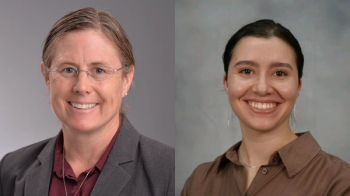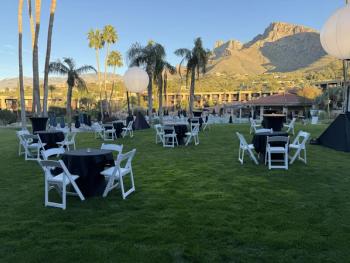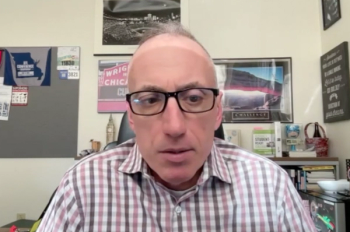
Gulf Coast Conference 2024: A Preview of This Year’s Poster Presentations
Posters at the 2024 conference will feature research on a variety of topics from distillate product analysis to determining organic chloride in crude oil.
The 2024 Gulf Coast Conference (GCC) will take place October 15–16, 2024 in Galveston, Texas. GCC, which has been occurring annually for over 20 years, is a non-profit organization that remains dedicated to furthering education and advancement of knowledge of Chemical Analysis Technology associated with the Petrochemical, Refining, and Environmental fields (2). These efforts are forward through annual technical meetings, regular communications, and training courses that focus on these specific fields.
Various sessions throughout the conference will focus on spectroscopy analysis. For example, Brian Rohrback will discuss how artificial intelligence and machine learning can help interpret output from any type of spectrometer, with an eventual goal of fully automating spectroscopic calibration (3). Another presentation, led by Kajari Bera of the Dow Chemical Company, will focus on polysiloxane polymers, and how infrared (IR) and Raman spectroscopy can help with real-time monitoring of the polymerization reaction of dimethyl siloxane.
There will also be poster sessions during the event that highlight spectroscopic analysis of petrochemicals and more. Below is a selection of spectroscopy-based posters that attendees can view during the event.
Highly Sensitive Analysis of Distillate Products per ASTM Method D8110 Using Single Quadrupole ICP-MS
Controlling impurities in the petrochemical industry is vital to ensuring the quality of the crude, intermediates, and finished products. Metals, such as nickel, vanadium, mercury, or lead, are known as catalyst poisons, which could affect product quality. Many laboratories typically use inductively coupled plasma-optical emission spectroscopy (ICP-OES), which is an analytical technique that can help determine how much of certain elements are in a sample (4). This principle states the fact that atoms and ions can absorb energy to move electrons from a ground state to an excited state. ICP-OES is often used due to its high tolerance to different sample types. In this presentation, Bhagyesh Surekar and Daniel Kutscher of Thermo Fisher Scientific will showcase a complete workflow for sensitive detection of elemental impurities in typical sample types, including crude oil samples and light and heavy naphtha.
American Chemical Society Brazosport Section - Serving the Local Community by Raising Awareness of Science in Our Everyday Lives
ACS Brazosport, a small local section of the American Chemical Society, is currently operating out of the Freeport, Lake Jackson, and Pearland, Texas area. Comprised of industry members and a student chapter featuring members from the local community, the group’s mission is to raise science awareness in the local community and help students prosper in STEM. For the last two years, ACS has partnered with GCC to bring community college students to GCC so they can experience a technical conference during their college career, giving them a chance to meet technical experts in their field. As part of this program, Poulami Dutta and Praveen Boopalachandran of Dow Chemical will discuss more of the organization’s activities.
References
(1) 2024 Posters. Gulf Coast Conference 2024.
(2) GCC Mission Statement. Gulf Coast Conference 2024.
(3) 2024 Oral Presentations. Gulf Coast Conference 2024.
(4) ICP-OES Frequently Asked Questions. Agilent 2024.
Newsletter
Get essential updates on the latest spectroscopy technologies, regulatory standards, and best practices—subscribe today to Spectroscopy.




